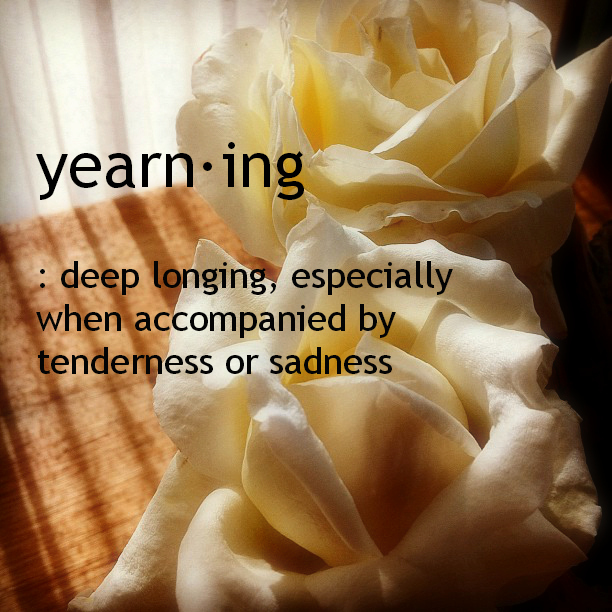I have long appreciated some of the writings and teachings of Ram Dass. I first discovered his writing while reading a cookbook of all things. He had a quote that reminded me that it is through cooking, serving, and feeding that I am able to not only be of service to the Ultimate Consciousness, but also to have that which I yearn for, a deeper relationship with the Divine.
Recently, I had the chance to read some of his writings and thoughts regarding desire. What I appreciated about his writing is how he helped me to understand that what we yearn for is an emotional system. Many of the things we yearn for in life is associated with some emotional or mental desire. They are not things we yearn for spiritually, but things which do not contribute to our overall well-being. So he guides us through a series of exercises to help us detach ourselves from those things we desire and wish we did not. This week, I thought I would share a few excerpts from his book, Paths to God: Living the Bhagavad Gita.
"If you want to play a little bit with a renunciation practice, pick some desire that you encounter every day. You decide which one: the desire to eat something or other, the desire for a cigarette, whatever it is you want to play with. Pick something that you usually give in to every day — like, let's say, a cup of coffee in the morning — and for one day, don't do it. Then the next day, do it much more than you usually would — have two cups of coffee. Start to study your reactions. Notice the difference in your feelings toward the desire on the first day and on the second day.
"Maybe another time you'll want to take two desires to work with: one day don't satisfy one and doubly satisfy the other, and then flip them around. Try to be very attentive to what's going through your mind about it. If you're keeping a journal, write about it in your journal. Start to relate to your desires as something you can scrutinize rather than as things that totally suck you in all the time, things that consume you. Get into a friendly relationship with your desires. Play with them, instead of being driven by them all the time. Desires get to be fun, really, once we're observing them instead of mechanically reacting to them.
"The whole game of renunciation and purification is an experiment — an experiment in how quickly we can extricate ourselves from being attached to our desire systems. Notice that it isn't a question of getting rid of desires — that's a misunderstanding. Trust me, the desires will stay around! We're just loosening their hold on us, getting clear enough of them so we can see them in some sort of context.”

